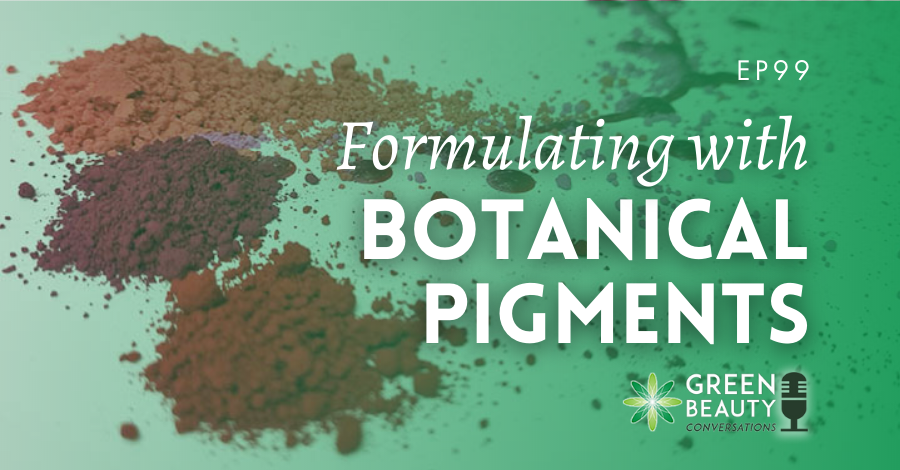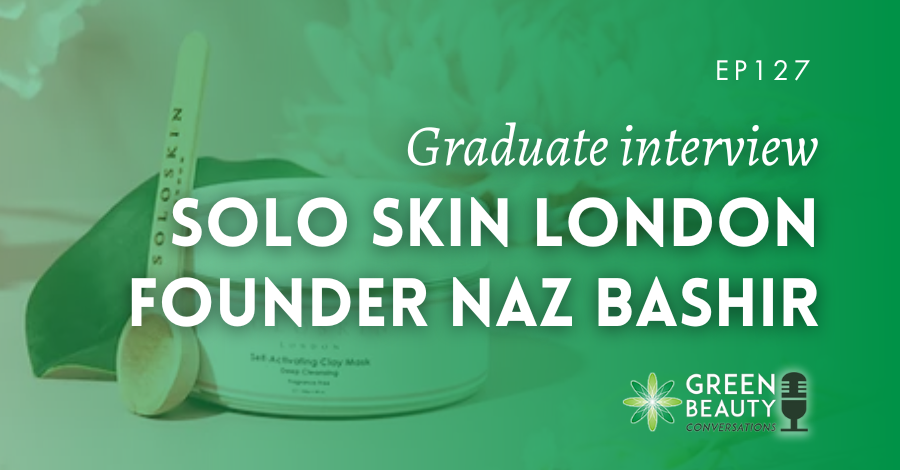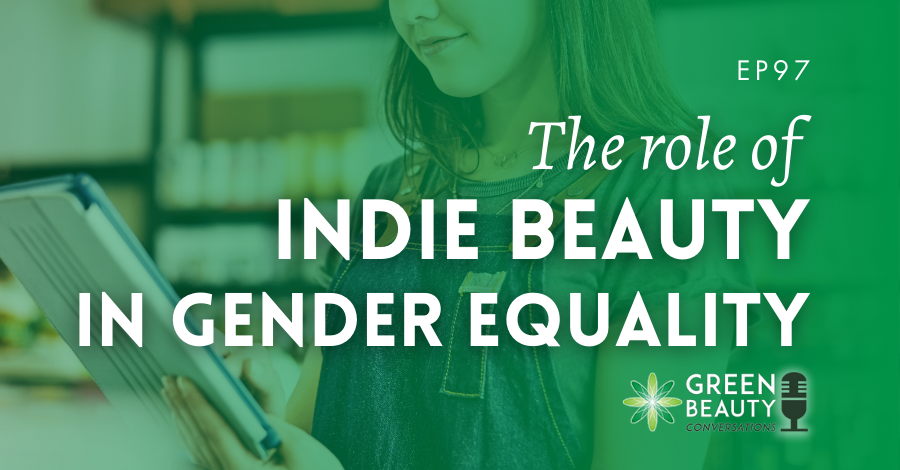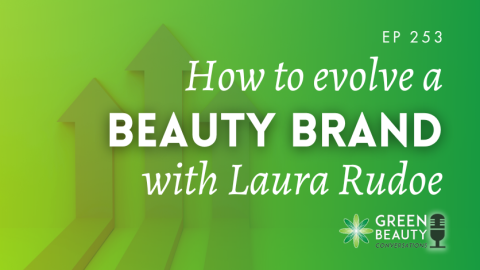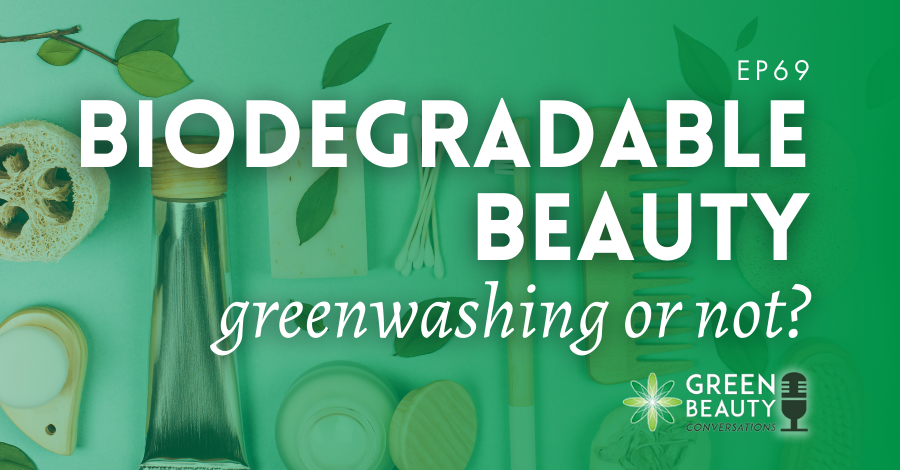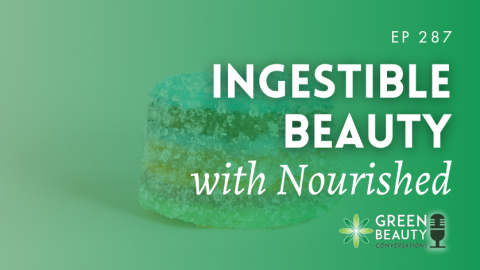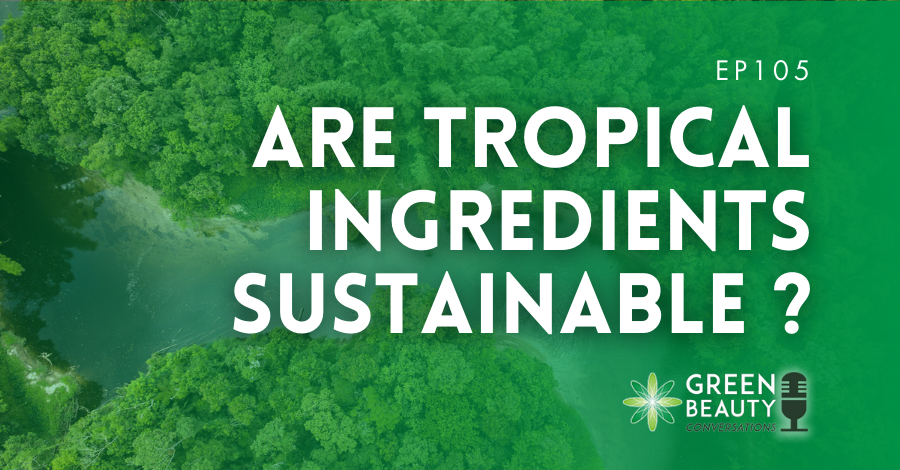With beauty trends predicting a big return to colour cosmetics post pandemic and spiralling demand for plant-based skincare, 2022 looks set to be the year of growth for botanical makeup. Right on cue at Formula Botanica, we are launching our first, natural makeup course as this podcast airs.
Behind the scenes, our in-house formulators led by our Cosmetic Chemist Rouah Al-Wakeel has experimented with botanical pigments for years and has now perfected a range of luscious lipsticks coloured only with plant pigments.
To celebrate this breakthrough, we created a Natural Lipstick Mini Lab in our members-only site The Lab at Formula Botanica which is open for membership periodically. Register now to gain access to the Natural Lipstick Lab and over 20 other mini courses in organic formulation, natural ingredients and beauty entrepreneurship.
In this episode of Green Beauty Conversation, Rouah joins podcast host and Formula Botanica CEO Lorraine Dallmeier to talk us through the facts, fun and challenges of formulating with plant pigments.
They may take getting to know, but botanical pigments can open up a whole new market for formulators keen to get ahead and get an edge in the natural makeup niche. Listen in to find out why Rouah’s favourite colour is now red radish.
Sweet potato, beetroot and red radish set to be the rage in natural lipsticks?@FormulaBotanica podcast discovers plant pigments for a new generation of botanical makeup. #makeupcourse #botanicalmakeup #naturalipstick Share on X
In this episode on botanical pigments, you will hear how:
- Botanical pigments really do have staying power. Think of turmeric (Curcuma longa) for example, which is a bright yellow powdered root. But the fact that plant pigments stain does not mean they are all suitable for use in nor perform well in cosmetics.
- Food grade botanical colourants are not recommended in cosmetic formulation as they are not treated to work in cosmetics, are not regulated as cosmetic ingredients and generally do not have an INCI which is required on cosmetics’ ingredient listings.
- Sourcing botanical pigments can be quite challenging as only a few suppliers offer small quantities. However, look also for other forms of cosmetic ingredients which offer colour, such as some antioxidants; especially those derived from fruit extracts which are rich in a group of colourful chemicals called anthocyanins.
- You should not confuse botanical pigments with natural colourants. The latter group includes carmine, a red dye derived from certain insects, and mica, a range of mined minerals that give shimmer as well as colour.
Key takeouts include:
- Some main botanical powdered pigments treated for cosmetic use are from purple sweet potatoes, beetroot and radish.
- Botanical pigments are water soluble but those for cosmetic use are treated to be dispersible in oils, butters and waxes which would be needed in lipstick and other oil-based makeup formulations.
- Work first with single colourants before experimenting with blending pigments. Botanical colourants can be challenging to mix successfully so expect to test their performance repeatedly.
- These pigments don’t need to be milled before use which means that you can just start dispersing them directly into the oil phase of the lipstick formulation which makes them quicker to formulate with.
If you enjoyed this podcast on botanical pigments, you might also like our related podcasts on beauty and makeup:
Podcast 95: Why we need responsible mica in cosmetics
Podcast 68: Talking diversity in the beauty industry with Eryca Freemantle
Podcast 55: Can green makeup go mainstream?
Thank you for joining us for this episode of the Formula Botanica Green Beauty Conversations podcast. If you enjoyed listening, please share, subscribe and review this episode on Apple Podcasts, Spotify or Youtube so that more people can enjoy the show. Don’t forget to follow and connect with us on Facebook and Instagram.
FREE TRAINING
Learn how to become an
Organic Skincare Formulator
FREE TRAINING
How to become an
Organic Skincare Entrepreneur
FREE TRAINING
How to become an
Organic Skincare Entrepreneur
Leave us a comment
Lorraine Dallmeier is a Biologist, Chartered Environmentalist and the CEO of Formula Botanica, the award-winning online organic cosmetic science school. Read more about Lorraine and the Formula Botanica Team.

